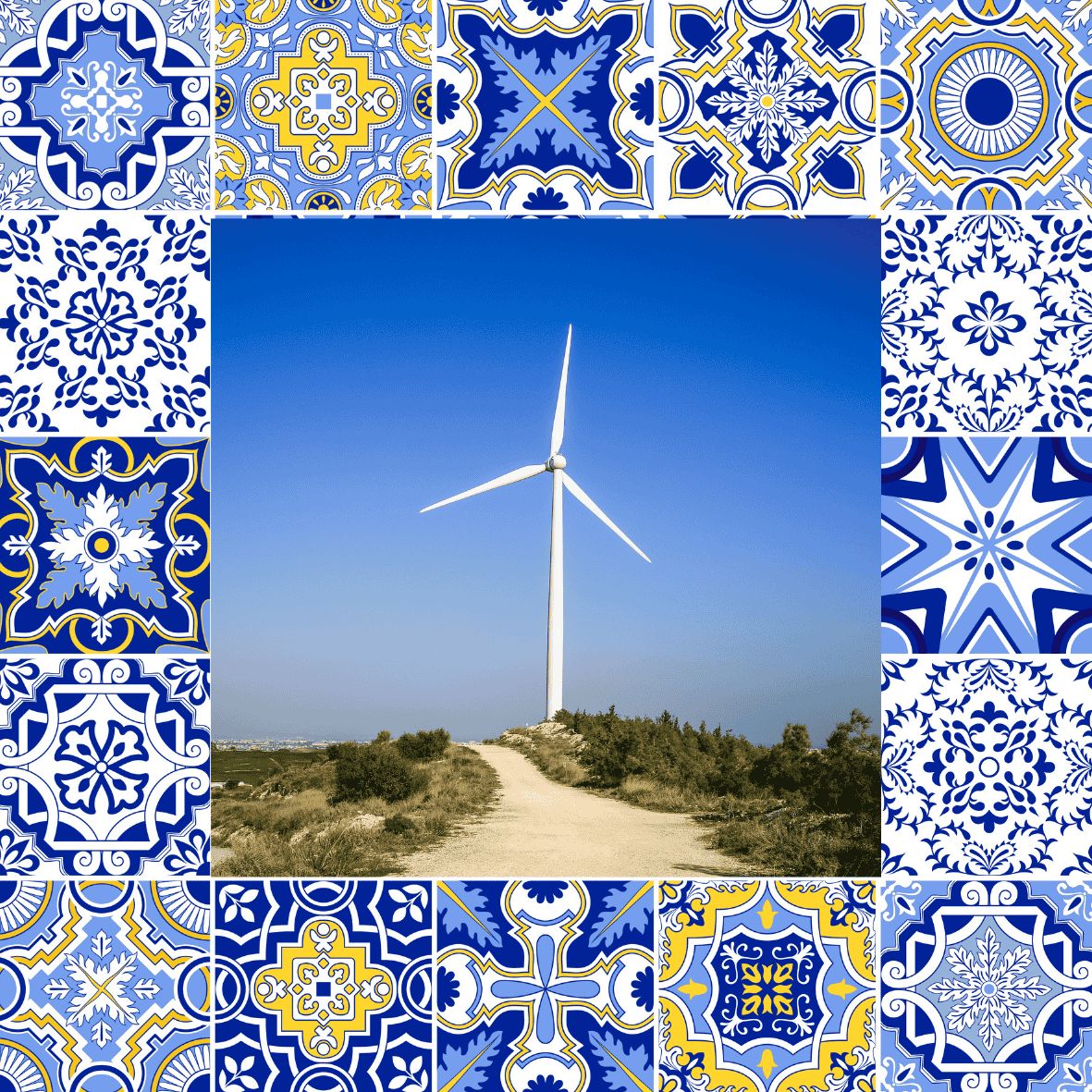SDG Agenda 2030, Portugal
Portugal’s SDG Agenda 2030 is centered on promoting sustainable development across various sectors by integrating environmental, social, and economic dimensions. As a frontrunner in renewable energy, particularly wind and solar, Portugal aligns its national policies with the European Green Deal, focusing on reducing carbon emissions and achieving climate neutrality by 2050. The country emphasizes inclusive growth, enhancing education, and fostering green innovation to create a sustainable economy. Portugal is also committed to advancing gender equality, reducing poverty, and ensuring that its actions contribute towards global sustainability goals.
At Synergy International, many of us have taken courses at Cambridge University’s Democratising Education for Global Sustainability and Justice program on the SDGs and law, so this is a subject that is very interesting to us.
Law and Policy Innovations in Portugal's Next VNR
In the context of Portugal’s upcoming Voluntary National Review (VNR) under the 2030 Agenda for Sustainable Development, two key legislative initiatives align strongly with Sustainable Development Goals (SDGs) 7 (Affordable and Clean Energy) and 12 (Responsible Consumption and Production). These laws provide a robust foundation for advancing sustainable development in the country.
1. National Energy and Climate Plan (NECP) 2021-2030
Portugal’s National Energy and Climate Plan (NECP) is a comprehensive strategy aimed at achieving carbon neutrality by 2050, with ambitious interim targets for 2030. The plan emphasizes increasing the share of renewable energy, improving energy efficiency, and reducing greenhouse gas emissions.
Relevant SDG Target: SDG 7.2 calls for an increased share of renewable energy in the global energy mix. Portugal’s NECP targets a 47% share of renewables in gross final energy consumption by 2030. It also aims for a reduction of 45-55% in greenhouse gas emissions compared to 2005 levels.
Key Benefits: The NECP drives Portugal’s transition towards a low-carbon economy, enhancing energy security through renewable energy investments, including wind, solar, and hydroelectric power. It also aligns with the EU’s European Green Deal and fosters innovation in clean energy technologies. It also supports job creation in the renewable energy sector.
Risks: The transition may involve high upfront costs for infrastructure development, particularly in renewable energy storage and grid modernization. Additionally, the plan’s success depends on consistent political commitment and financing, with risks of delays due to economic challenges, especially in periods of lower economic growth.
2. Circular Economy Action Plan (2020)
Portugal’s Circular Economy Action Plan promotes sustainable consumption and production by encouraging resource efficiency, reducing waste, and fostering product life extension through recycling and reuse. This policy supports the transition to a circular economy and strengthens the sustainable management of resources.
Relevant SDG Target: SDG 12.5 aims to reduce waste generation through prevention, reduction, recycling, and reuse. The action plan sets targets for reducing the consumption of single-use plastics, promoting sustainable production, and improving recycling rates.
Key Benefits: The action plan fosters economic growth by creating new business opportunities in recycling, repair, and remanufacturing industries. It reduces environmental impacts by minimizing waste and reducing the extraction of natural resources. Additionally, it aligns with EU directives on waste management and plastic reduction.
Risks: There are challenges related to the behavioral shift required from both businesses and consumers to adopt circular practices. High initial investment costs for businesses in redesigning products and production processes to comply with circular economy principles may also pose a risk. Moreover, the need for robust enforcement mechanisms to ensure compliance is critical to the plan’s success.
These two legislative initiatives—Portugal’s National Energy and Climate Plan and the Circular Economy Action Plan—demonstrate Portugal’s commitment to advancing the 2030 Agenda. By integrating renewable energy and circular economy principles, these laws offer pathways for a sustainable, resilient, and innovative future, while addressing potential risks and economic challenges.





